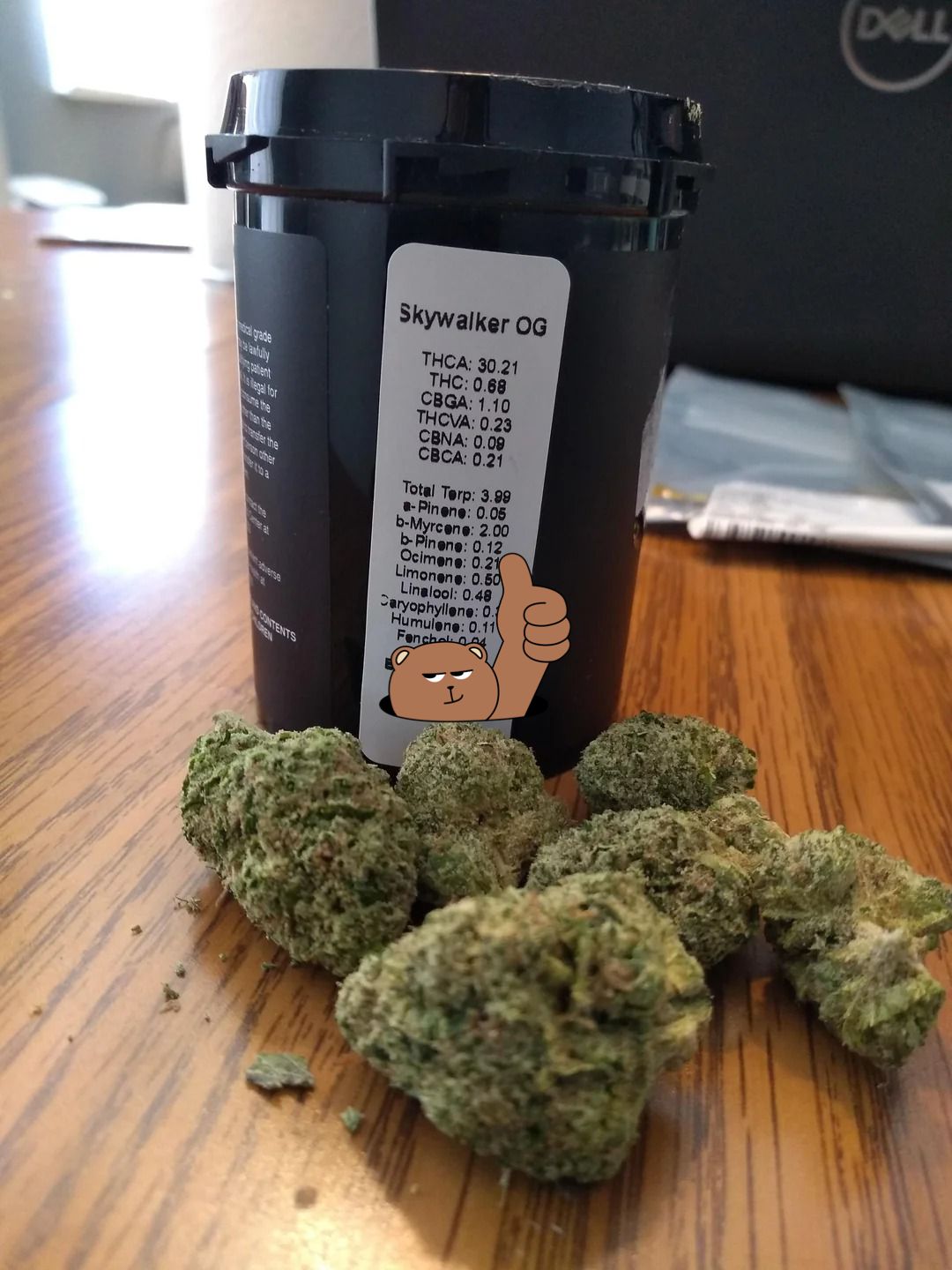The Changing Landscape of Weed in Montería: Legalization, Culture, and Economic Possibilities

Montería, the capital of the Córdoba department in northern Colombia, is often celebrated for its rich cultural traditions, especially its connection to the country’s cattle industry and the vibrant cumbia music. However, in recent years, it has also become a part of Colombia’s evolving conversation about marijuana use. As the national conversation around cannabis legalization continues to grow, Montería is experiencing shifts in both public perception and potential economic opportunities related to marijuana. With evolving laws, changing social attitudes, and the increasing interest in the medicinal cannabis industry, Montería is at the crossroads of this cultural transformation on weed in Monteria.
The Legal Framework Around Marijuana in Montería
In 2022, Colombia’s Constitutional Court decriminalized the possession of up to 20 grams of marijuana for personal use, signaling a significant shift in the country’s cannabis laws. These changes are a step forward for marijuana users, offering more freedom while also emphasizing that public consumption remains illegal. Those caught smoking marijuana in public spaces still face fines or other legal consequences on weed in Monteria.
In Montería, these legal changes are significant. Residents can now legally possess small amounts of marijuana for personal use without facing criminal charges, as long as they use it privately. However, the public consumption ban continues to be an area of concern. As a growing urban center, Montería faces the challenge of balancing personal freedom with public order, especially in crowded public areas such as parks or during large community events on weed in Monteria.
The gap between private use and commercial availability leaves space for the illicit market to thrive, a situation that the government will need to address as the cannabis conversation continues to unfold on weed in Monteria.
Changing Cultural Perceptions in Montería
However, in recent years, perceptions have started to shift, especially as more countries around the world have embraced marijuana legalization on weed in Monteria.
In Montería, this shift is becoming increasingly evident among younger generations. Many young people, particularly students and young professionals, view marijuana as a recreational substance similar to alcohol or tobacco.
On the other hand, older generations in Montería remain more cautious, associating marijuana with the dark years of Colombia’s history marked by drug cartels and violence. This generational divide in attitudes toward cannabis reflects broader debates within the country, where younger people are pushing for more progressive policies, while older individuals are more cautious, mindful of the drug’s historical associations with crime and instability.
Economic Opportunities in Montería
While the legal status of recreational marijuana remains unresolved, Colombia has taken significant steps in legalizing medical cannabis. With an already growing medical cannabis sector, the opportunities for Montería’s agriculture-based economy are promising.
The city could benefit from diversifying its agricultural practices to include cannabis, particularly for medicinal use. Cannabis farming offers high-value returns, and with the right regulatory frameworks in place, local farmers could find new sources of income by entering the legal cannabis market.
Furthermore, as the medical cannabis industry expands, Montería could see job creation in sectors such as cultivation, research, and product development. Companies that produce cannabis-based medicines, oils, and wellness products could bring investment into the region, creating a new economic sector for the city. Additionally, the emerging global cannabis market provides further opportunities for businesses in Montería to tap into international demand for Colombian cannabis products.
Health and Social Considerations
While the economic opportunities for marijuana in Montería are significant, there are also important health and social considerations. Cannabis has recognized medicinal benefits, such as pain relief and the treatment of anxiety, but excessive use or improper consumption can lead to negative consequences, particularly for young people.
For Montería, this means that public education will play a key role in ensuring that residents understand both the benefits and the risks of marijuana use. Community leaders, health professionals, and local authorities will need to work together to provide resources and information that promote responsible consumption. It will also be essential to educate young people about the potential risks of misuse and emphasize the importance of moderation.
Responsible regulation, such as clearly defined guidelines for the cultivation, distribution, and sale of cannabis, will help ensure that the industry develops in a way that benefits both local communities and public health.
Conclusion
The conversation about marijuana in Montería is part of a larger, national shift in Colombia, as the country embraces changing attitudes toward cannabis use and looks to unlock the economic potential of the cannabis industry. With the decriminalization of personal marijuana use, the evolving cultural attitudes among younger generations, and the potential for cannabis cultivation in Montería, the city is positioned to benefit from this growing sector.
However, challenges remain, particularly with regard to public consumption, the commercial sale of cannabis, and ensuring that marijuana use is done responsibly. As the legal framework continues to develop and public perceptions shift, Montería must focus on balancing personal freedoms with public safety, while also ensuring that economic opportunities are maximized in a way that benefits its residents. The future of marijuana in Montería will depend on how the city navigates these changes, creating an environment that fosters both economic growth and public well-being.

Skywalker product exceeded my expectations in both potency and purity, I really appreciated the discretion and professionalism in the delivery process , you can reach to him on Telegram t.me/skywalkerOG_1 and also there email realskywalkerog1@gmail.com
“Man, that skywalker OG you gave me last night was fire. Smoothest smoke I’ve had in months.”

Great service, easy to work with and I’m very satisfied. I’m so happy I found skywalker here. He is super responsive, on time and the quality of weed he sells are serious on point and top notch.